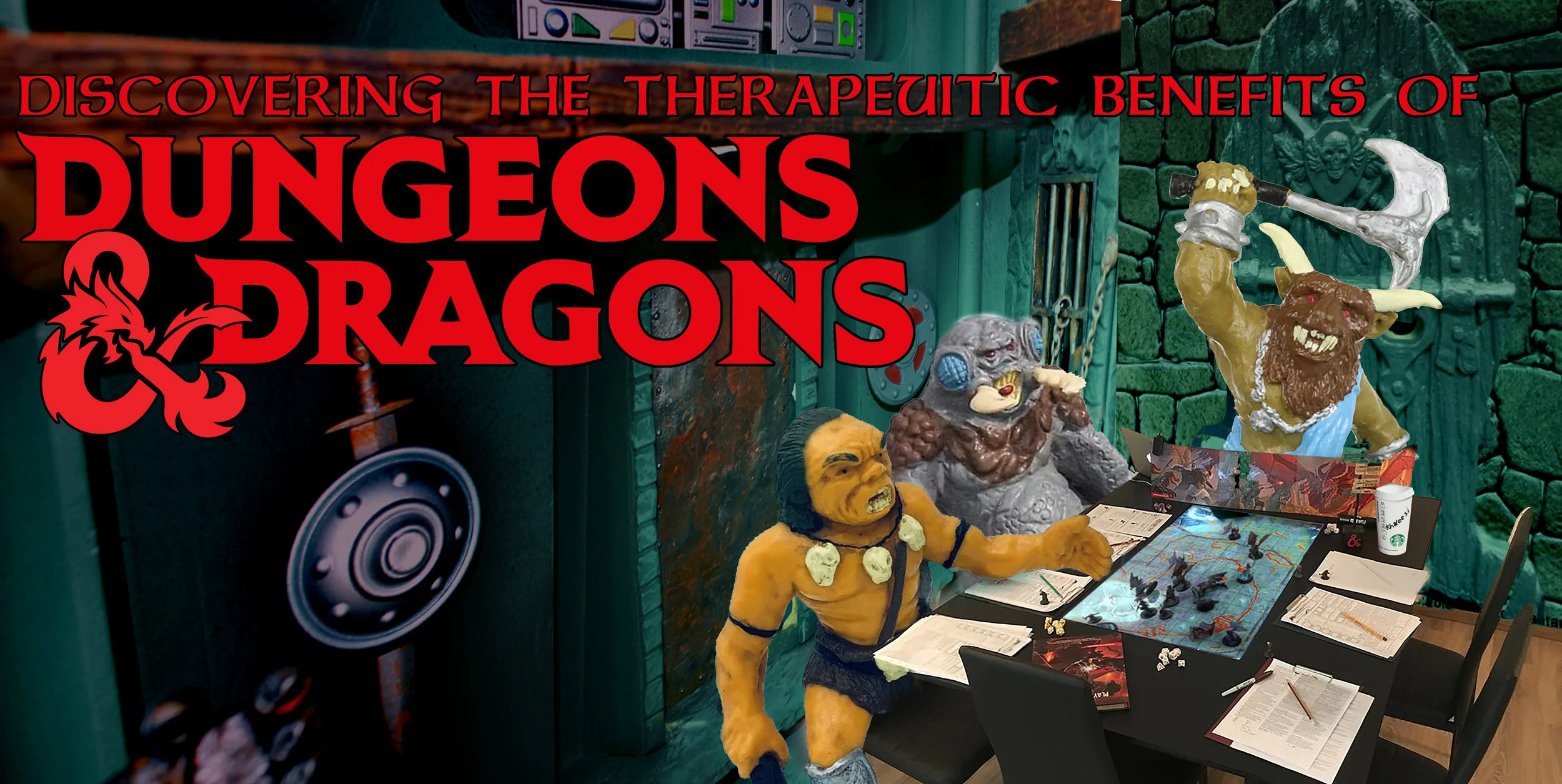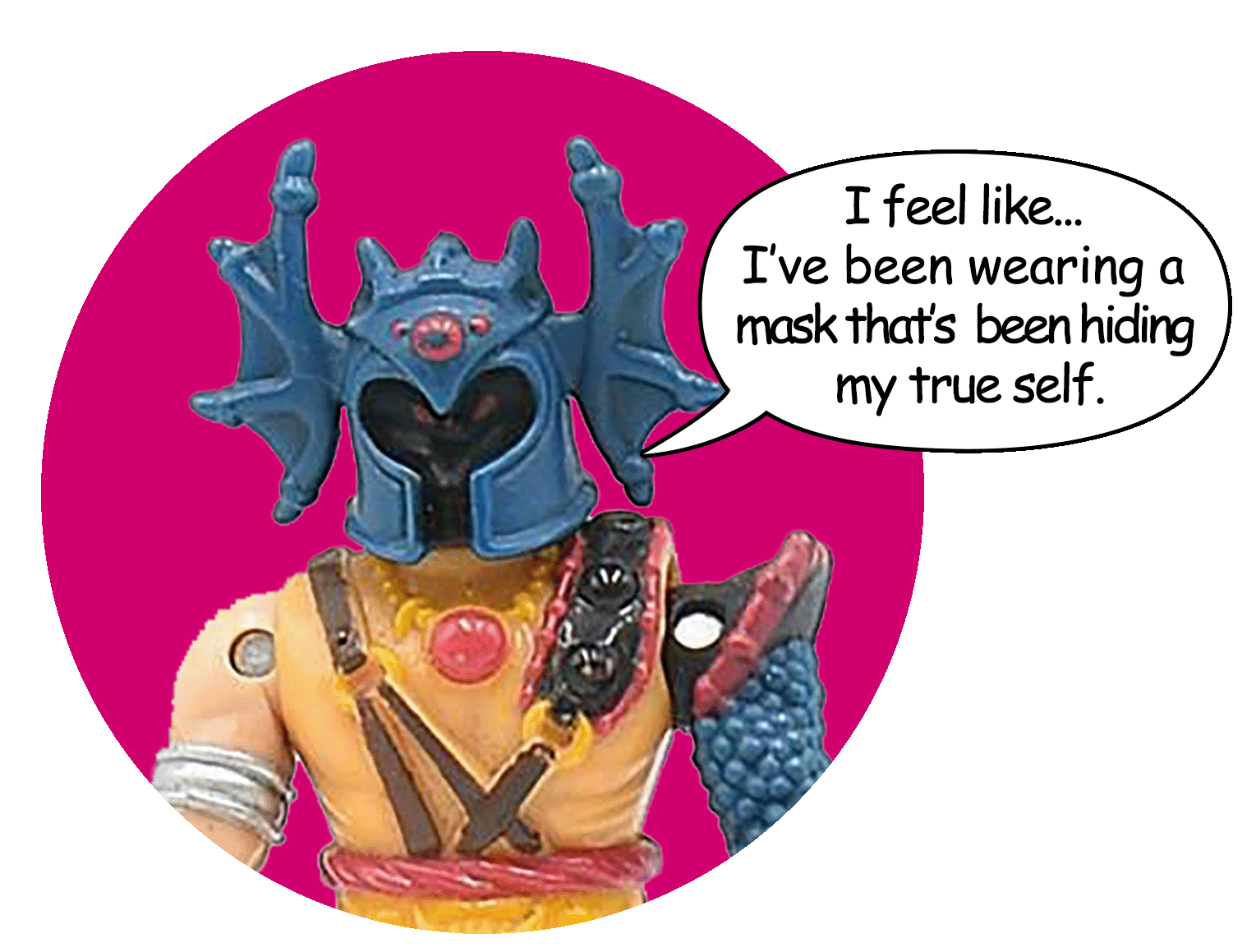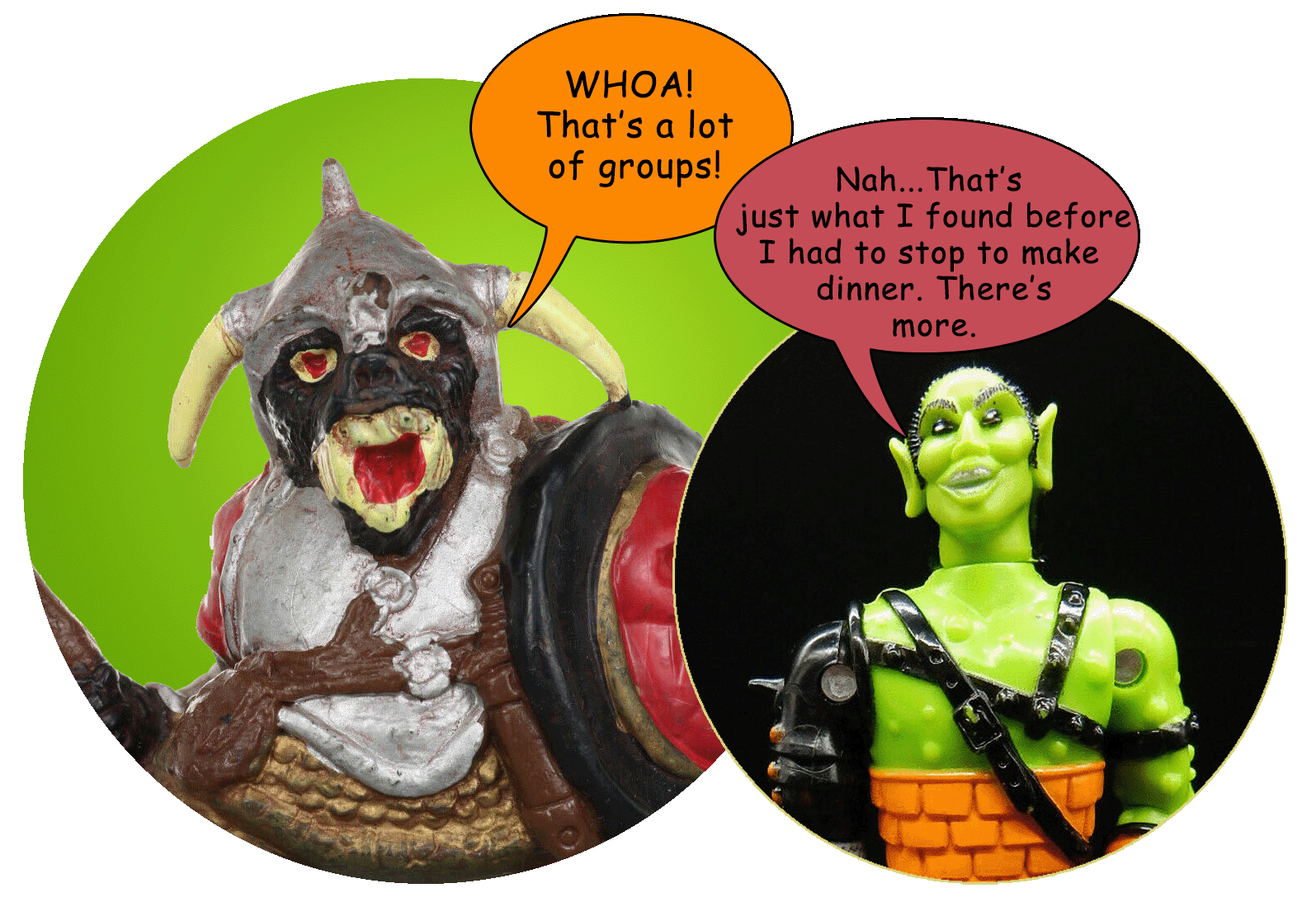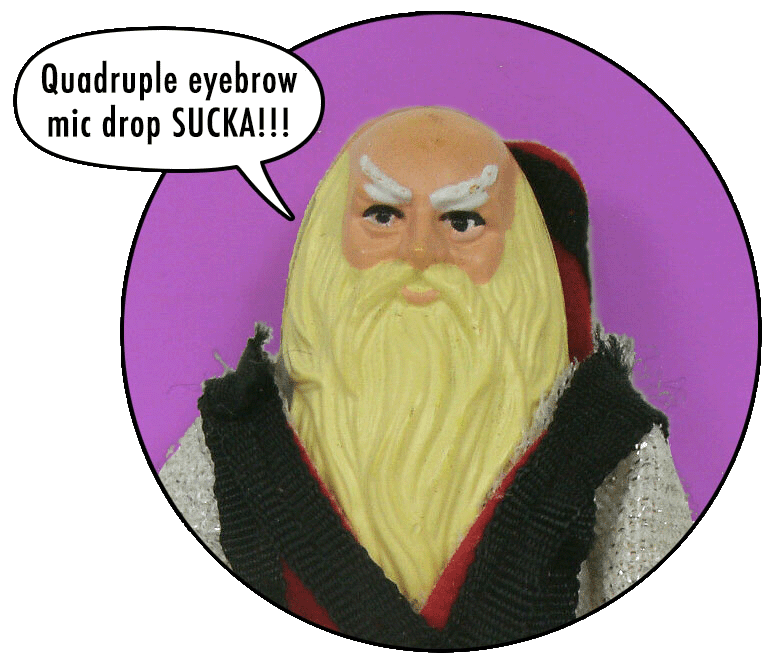Talking about feelings may not change subconscious beliefs and neural pathways, it may require something more active… like a tabletop role playing game!
One Sunday afternoon I was reflecting upon the events of the previous night of playing D&D with my friends. My character had a troubled past and was struggling with relationships. It dawned on me that this was a very familiar scenario and that I had subconsciously designed a composite character based on people (and parts of myself) from my own life. I realized that, through role playing, we were all expressing important parts of our lives; we were playing with identity, social skills (respect, persuasion & negotiating), adaptation to change and processing failure.
Our game was like a social laboratory where we could explore and experiment in the safe detachment of fiction but with enough emotional investment to actually learn from the inter/intrapersonal story. It was a comfortable level of submersion into an identity that was either feared, idealized or a mix of both.
*a “dirty twenty” (as opposed to a “natural twenty or Nat Twenty) is when a player rolls a d20 (twenty sided die) and it is a number lower than twenty but results in a twenty when the Attack Modifiers (character statistics relevant to an attack roll) are added to the d20 roll.
While in my one personal experience, the benefits of role playing in D&D were incidentally therapeutic, it occurred to me that with a few design modifications, role playing games could also be intentionally therapeutic… as in a group therapy context. A quick Google search confirmed that this has been the case for many years in what is now called TTRPG. For those interested, there is very exciting work being done by the following mental health professionals:
A BRIEF HISTORY
RP has a long history of being used to teach, from the first time a stone-age human helped another learn a new thing by acting out a scenario to training a fry-cook or an NSA deep cover agent. Group Therapy and psychodrama (the use of theatre style drama for group therapy) have a shared origin in the psychiatrist/psychologist Jacob L. Moreno who created both modalities between 1932 and 1946. Today the modern practice of Drama Therapy has integrated into mainstream psychology and can be found in hospitals, prisons, schools, and many mental health facilities.
IS IT LEGIT?
TTRPG falls into a category that is loosely called “active therapy” which includes Expressive Therapies (Art, Music, Dance and Drama Therapies), Narrative Therapy, Animal-Assisted Therapy and Play Therapy. Some advocates for traditional psychology have taken offense by the inference that CBT is “passive” or that pharmacology might not be the first-best response to wellness. There is a large body of research on Active Therapy that show faster and higher success rates, lower regression percentages and little to no side effects*, compared to the med/talk therapy modality.
THE CASE FOR ACTIVE THERAPY: Verbal Incapacity & Lasting Change
In Francine Shapiro’s book Getting Past Your Past, she discusses brain anatomy and why stimulating visual/spacial processing parts of your brain (what happens in Active Therapy) grants better access to something bad that’s been compartmentalized than the part of your brain that’s processing language (in talk therapy).
I don’t understand the neurology side of Shapiro’s work but what it means for a participant in Active Therapy is that an initial “externalizing” (like RP in therapy) creates a comfortable detachment from a challenge making it easier for the client/patient to process than an “internalizing” (like talking directly about a trauma). In other words, subjects that didn’t want to “talk about their feelings” were able to make changes by engaging in an experience that stimulated more than just the verbal part of their minds. But, just to be clear, both approaches do have their share of thinking and doing.
Van Der Kolk’s research with veterans with PTSD found that many of them were neurologically incapable (because of the mental compartmentalization) of verbalizing their trauma. After recovery some patients with complex PTSD reported the verbal impairment was made worse by the feeling that they were unable to tell the doctors… that there was something they were unable to talk about. This is not a common situation but we all have different degrees of being able to talk about what’s going on in our lives and if something as simple as a game can help with expressing and processing things, why not?
A concern that some have with the internalizing approach is that a conscious “breakthrough” may not make lasting change if the subconscious beliefs and associated neural pathways are not changed (the person goes back to the original thoughts/behaviors that were troubling them).
A PERSONAL NOTE
As someone who struggled with depression and did about ten years of CBT and meds (both not covered by insurance) I had mixed feelings about discovering all of this. My therapist was a wonderful person and got me though the most difficult chapter of my life but as an artist I probably would have really vibed with Active Therapy. My first experience with therapy was twenty years ago and still today Active Therapy is not immediately thought of by the average person looking for help. But even as recent as five years ago I tried to find help for a person with severe trauma and there weren’t many options. At that time few had heard of PTSD let alone how to treat it. Iraq war veterans were being diagnosed with Gulf War Syndrome. Understandably confounded or overwhelmed therapists gave abused women and children a variety of labels that had nothing to do with their trauma. Unfortunately, the effort to help the person I knew did not end with them receiving services. It was a sad situation made worse by a system unable to respond but I’m amazed at how many options there are for people today. I can’t help wondering what else might be just around the corner.
WRAPPING UP PART 1: Politics
After the clinical research has been done and millions have experienced profound life improvements from Active Therapy, why is there still dismissive criticism aimed these successful approaches? Psychoanalysis and pharmacology have secured the favor and funding of the mental health world for several decades. Today pharmaceutical production represents a multi-billion dollar industry. Universities and psychological associations have reputations built on psychoanalysis based CBT. I suppose every industry has internal schisms but with favoritism skewed so heavily in one direction I can understand why someone like Jacob Moreno (the father of Drama Therapy) felt the need to so boldly confront Sigmund Freud (the father of psychoanalysis), as told in Moreno’s autobiography:
"I attended one of Freud’s lectures. He had just finished an analysis of a telepathic dream. As the students filed out, he singled me out from the crowd and asked me what I was doing. I responded, 'Well, Dr. Freud, I start where you leave off. You meet people in the artificial setting of your office. I meet them on the street and in their homes, in their natural surroundings. You analyze their dreams. I give them the courage to dream again. You analyze and tear them apart. I let them act out their conflicting roles and help them to put the parts back together again.’" - Moreno Archives, Harvard University, 1985 Perhaps Freud and Moreno should have just picked up some dice and an RPG.
Have you played any RPGs that impacted you socially? Have you had any experiences with Active Therapy, like a TTRPG? What was it like?
If you are interested in individual coaching or group coaching through a table top gaming context please Contact me, the first session is free.
Check out part two of this article: How About a Coaching RPG? How Does That Work?
*Side Effects are undesirable secondary effects of a drug or mental health treatment. The word “undesirable” is being used in a clinical context and refers to things like suicide ideation, nausea, hallucinations, low blood pressure etc. An active therapy can have secondary effects but they are the natural and expected effects when processing unresolved emotions/cognitions: suppressed memories will gain greater recall (sometimes through dreams) and repressed or dulled thoughts/emotions will become more defined. Some participants have reported feeling lightheaded after a session.








